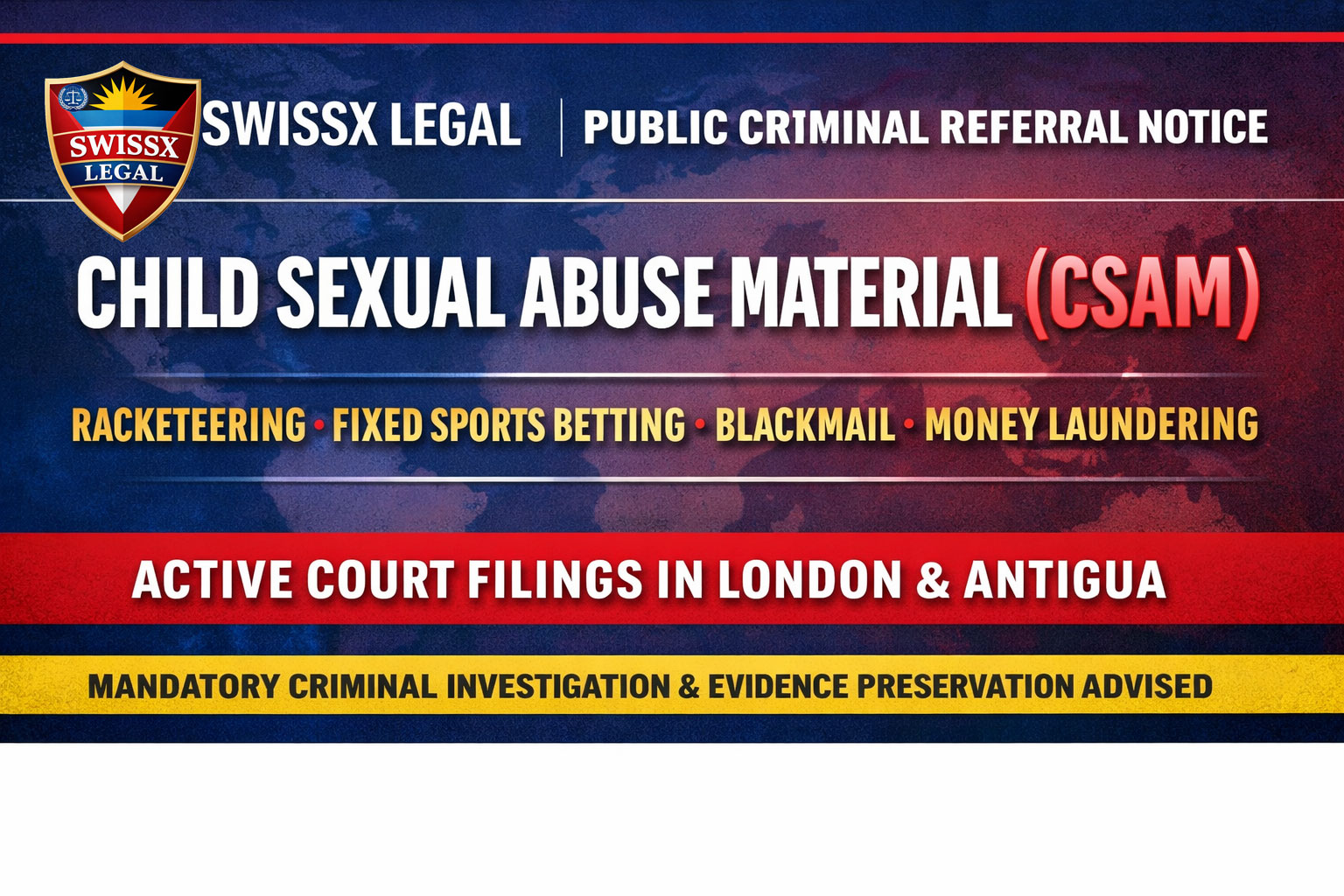Han Tae-soon vividly remembers the last day she saw her daughter Kyung-ha in May 1975 when she went to the market and returned home to find her missing. Decades later, this emotional search culminated in a tearful reunion, revealing that Kyung-ha had been abducted as a child and raised in the US as Laurie Bender. In light of these revelations, Han is suing the South Korean government for negligence and complicity in the illegal adoption practices that led to her daughter's abduction.
The South Korean overseas adoption program, operational since the 1950s, has been marred by serious allegations ranging from fraud to human trafficking. Approximately 170,000 to 200,000 children have been adopted internationally, making South Korea one of the leading nations in this practice. A recent inquiry uncovered substantial human rights violations tied to the government's lack of oversight of private adoption agencies that facilitated these adoptions without sufficient accountability.
Han's lawsuit is momentous as she is the first biological parent of an overseas adoptee to seek damages from the government, following a 2019 case where an adoptee previously sued. As her case waits in the wings for trial next month, a government spokesperson expressed sympathies while acknowledging the emotional toll these families, including Han's, have experienced.
In their reunion at the airport in 2019, both mother and daughter had complex feelings as they reconciled lost years. Their story is a reflection of a broader issue where thousands of adoptees have struggled to trace their origins. As they continue to attempt to bond across language barriers and cultural divides, Han's determination underscores a strong call for accountability and recognition of victims in a problematic adoption history.
Experts stress that while adoption agencies may have exploited the system, the South Korean state must also bear responsibility for enabling such practices. The government's previous complicity has raised questions about its role in the extensive international adoptions that occurred during a tumultuous time in the nation's history. In response, South Korea has initiated legislative reforms aimed at tightening adoptions and responsibly managing registries of birth parents, yet the emotional scars of these past policies remain.
Witnesses and advocates for adoptees argue that this situation must prompt greater acknowledgment of the past and healing for both adoptees and birth parents. As Han tirelessly practices English phrases in hopes of deepening her connection with Laurie, her story encapsulates a significant chapter in South Korea's history, shedding light on the need for compassion and justice for all affected families.

















